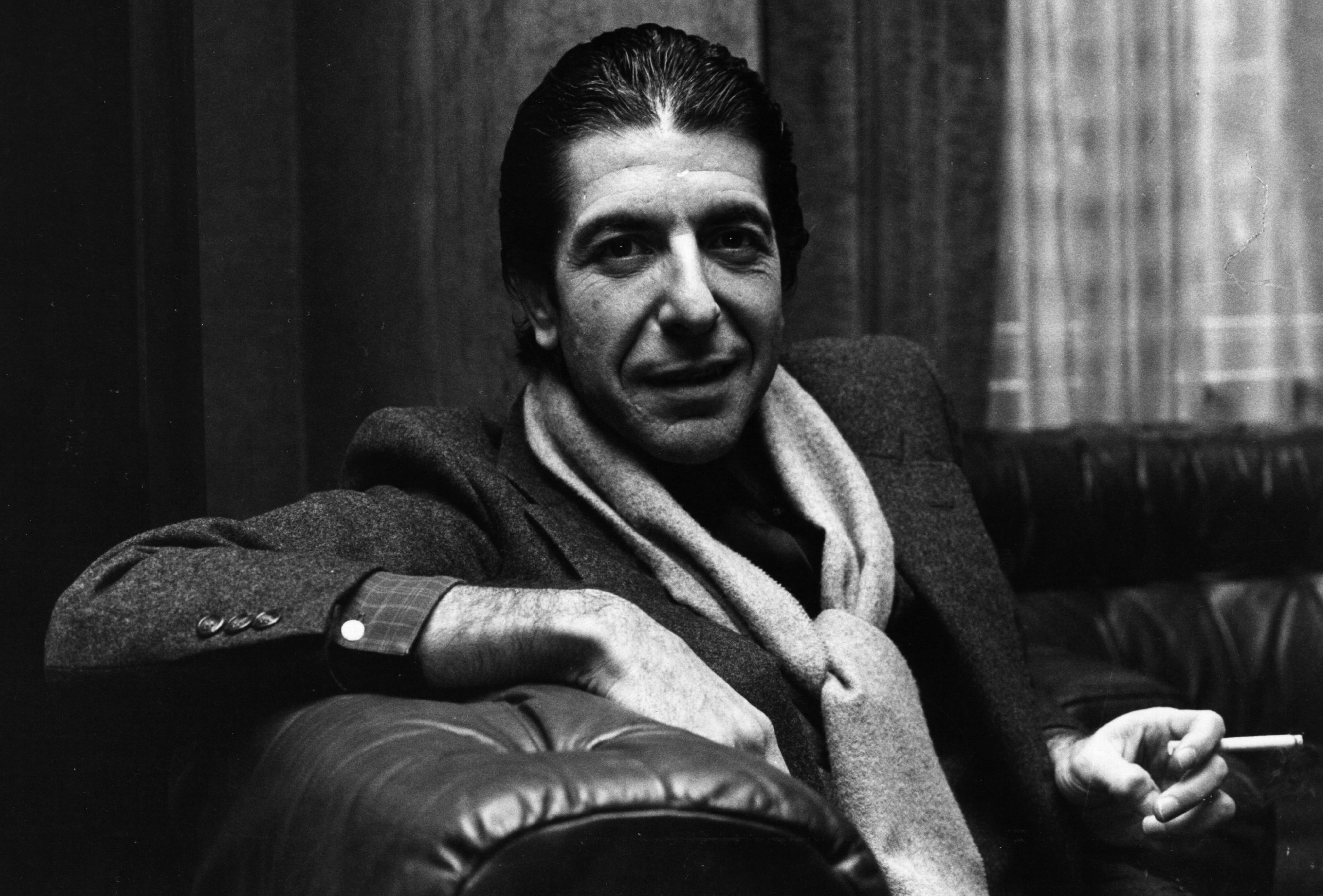Leonard Cohen Said ‘Too Many People’ Sing ‘Hallelujah’
While Leonard Cohen wrote many brilliant songs, he’s perhaps most known for his ballad “Hallelujah.” It’s been covered by numerous artists over the years. However, Cohen had mixed feelings about the song’s popularity. Here’s what he had to say.

How Leonard Cohen’s ‘Hallelujah’ became more and more famous
Cohen sang the original version of “Hallelujah” on his 1986 album Various Positions. His rendition incorporates elements of new wave music and gospel music. Interestingly, while “Hallelujah” became a standard, it wasn’t much of a hit. Cohen’s version of the track merely reached No. 59 on the Billboard Hot 100 in 2016.
Jeff Buckley reinterpreted “Hallelujah” as a folk song in the 1990s. Rufus Wainwright’s indie pop version soundtracked an emotional scene in Shrek where Shrek and Princess Fiona miss each other. It took awhile, but the track went from obscurity to ubiquity.
Why Leonard Cohen felt the success of ‘Hallelujah’ was like revenge
Cohen discussed the song’s resurgence with The Guardian in 2009. “There were certain ironic and amusing sidebars, because the record that it came from which was called Various Positions – [a] record Sony wouldn’t put out,” he said. “They didn’t think it was good enough. It had songs like ‘Dancing to the End of Love,’ ‘Hallelujah,’ ‘If It Be Your Will.’ So there was a mild sense of revenge that arose in my heart.”
However, he took some issue with ‘Hallelujah”’s popularity. “But I was just reading a review of a movie called Watchmen that uses it, and the reviewer said ‘Can we please have a moratorium on ‘Hallelujah’ in movies and television shows?’” he said. “And I kind of feel the same way. I think it’s a good song, but I think too many people sing it.”
During another interview with The Guardian from 2012, Cohen opened up about his feelings on “Hallelujah.” “Must we have it at the end of every single drama and every single [American] Idol?” he asked. “ And once or twice I’ve felt maybe I should lend my voice to silencing it but on second thought no, I’m very happy that it’s being sung.”
How ‘Hallelujah’ gained more and more prominence after Leonard Cohen said it was overexposed
In addition, artists continued to cover “Hallelujah” well after Cohen said it was overexposed in 2009 and 2012. For example, Pentatonix released a version on their album, A Pentatonix Christmas. This is notable since “Hallelujah” includes references to the biblical stories of King David’s affair with Bathsheba and Delilah cutting Samson’s hair but it makes no mention of Christmas. Their cover reached No. 23 on the Billboard Hot 100, which means it performed better on the chart than the original.
In addition, “Hallelujah” appeared in Zack Snyder’s much-discussed cut of Justice League. Cohen clearly had mixed feelings about the ubiquity of “Hallelujah.” However, even after his death, the song seems to resonate.


